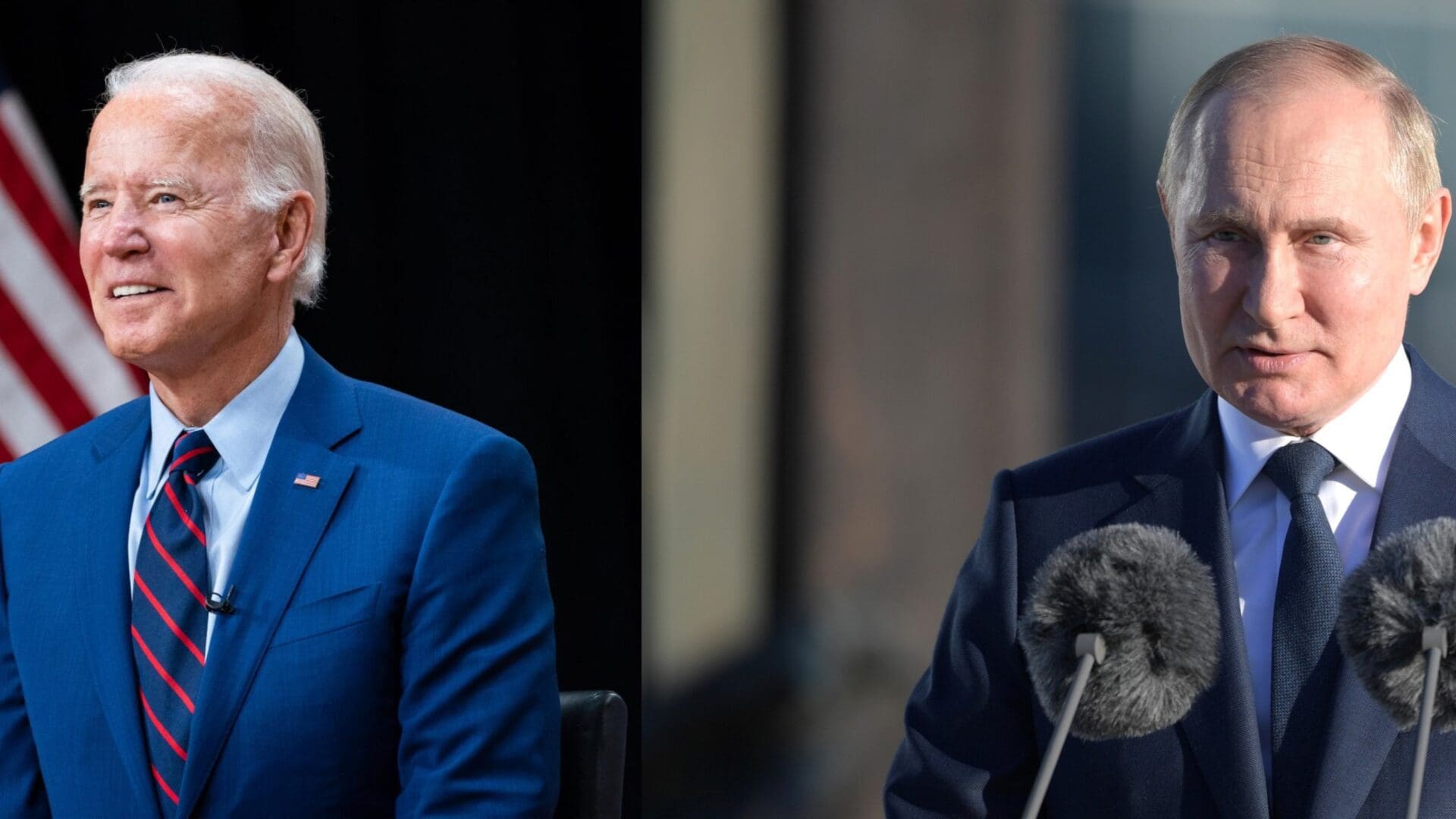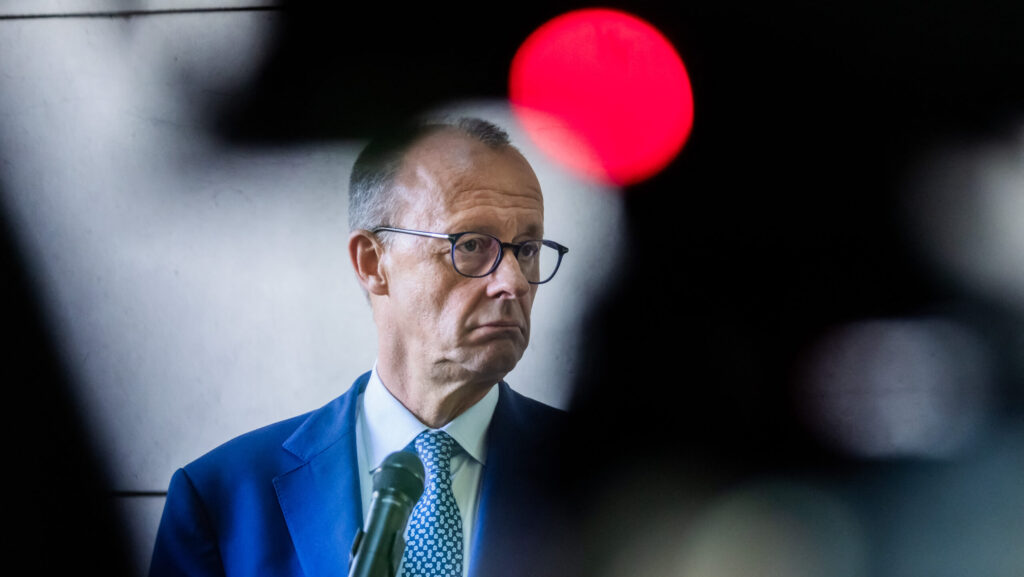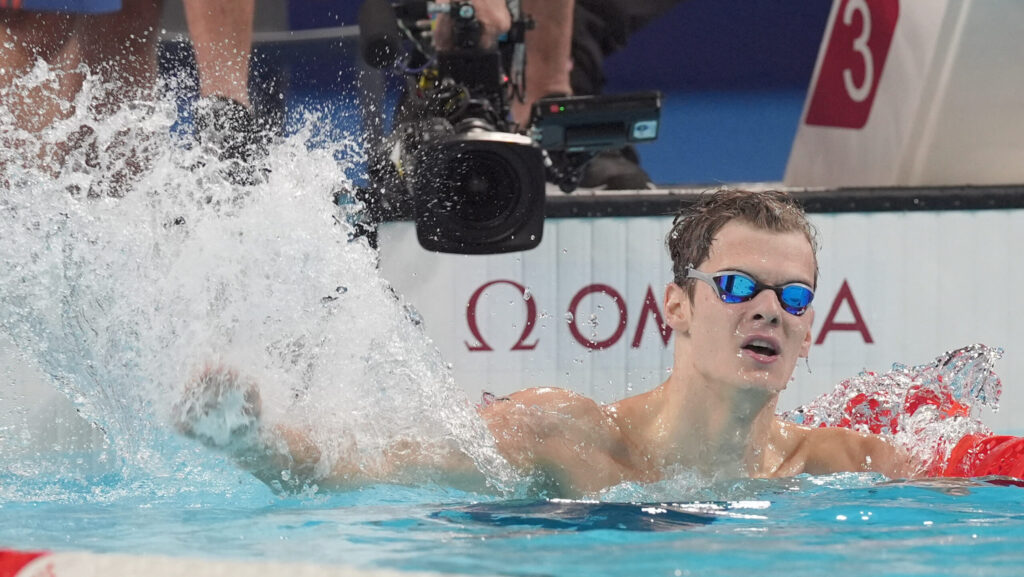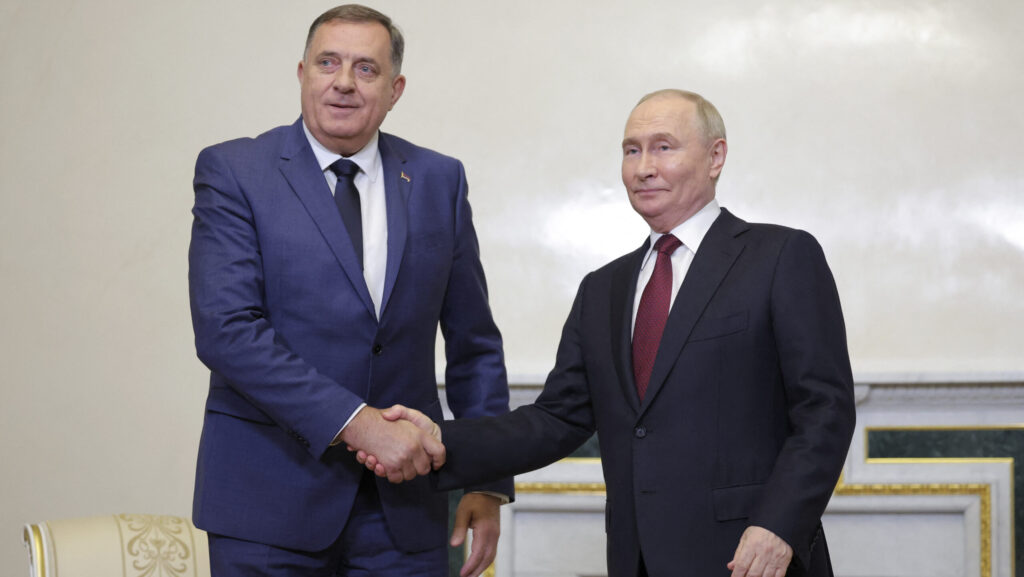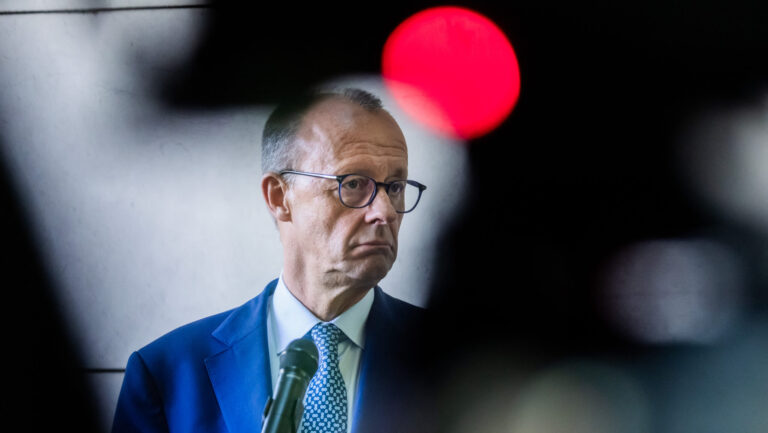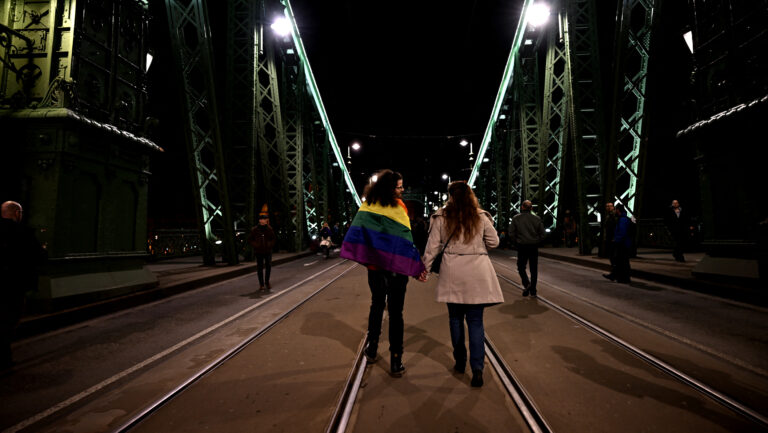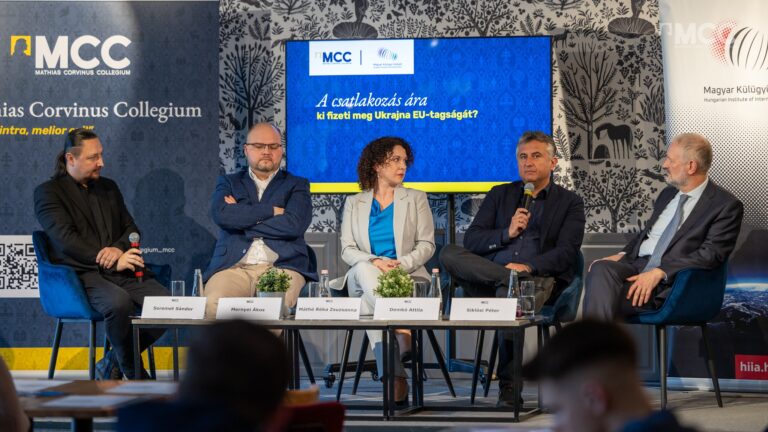US president Joe Biden is on an official three-day visit to Poland, set to be concluded on 23 February. But before arriving in Poland, the President paid an unannounced trip to Kyiv, making his East-Central European tour even more symbolic, as the visit to the Ukrainian capital happened just days before the one-year anniversary of the beginning of Russia’s vicious offensive against Ukraine. The POTUS’ speech delivered in Warsaw the next day included some overt references to Vladimir Putin’s remarks from earlier that day.
From Kyiv to Warsaw
‘As the world prepares to mark the first anniversary of Russia’s brutal invasion of Ukraine, I am in Kyiv today to meet with President Zelenskyy and reaffirm our unwavering and unflagging commitment to Ukraine’s democracy, sovereignty, and territorial integrity,’ President Joe Biden’s statement said with reference to the Kyiv visit on 20 February. After meeting with Ukrainian President Volodymyr Zelenskyy, Biden announced another delivery of critical equipment, including artillery ammunition, anti-armour systems, and air surveillance radars. Although the United States is providing an additional $500 million in aid to Ukraine, those who were expecting that the President would also announce the supply of F16s had to be disappointed.
The day after leaving Kyiv, on 21 February, US President made a fiery speech in Warsaw, from the courtyard of the Royal Castle, the same place he spoke on the eve of the war in Ukraine. Biden began his remarks by declaring that the Russian attack tested not only the strength of Ukraine but also that of the democracies of the world.
‘When Russia invaded, it was not just Ukraine being tested. The whole world faced a test for the ages. Europe was being tested. America was being tested. NATO was being tested.’
The President repeatedly and firmly stated that Putin’s intention to subjugate a sovereign country will not succeed.
‘Ukraine, Ukraine will never be a victory for Russia. Never,’ Biden said to a roaring applause.
Putin’s defeat was described by the President as a defeat for autocracies all around the world and the prevailing of free democracies. Biden also nailed down that after a year of relentless war, Moscow has failed to break Ukraine:
‘One year ago, the world was bracing for the fall of Kyiv. Well, I’ve just come from a visit to Kyiv and I can report Kyiv stands strong. Kyiv stands proud, it stands tall and most important, it stands free,’ he emphasised.
Speaking before Joe Biden, President of the Republic of Poland Andrzej Duda praised the US President’s decision to visit Kyiv, stating it has shown strength and unity with regard to helping Ukraine, adding that the unity must continue if Ukraine is to achieve a decisive victory. No question, Biden’s unexpected trip to Kyiv symbolised the US’s unequivocal support for Kyiv as the war enters its second year.
Clash of Narratives
But Biden’s speech in Poland also had a symbolic value, given that it came just hours after Russian President Vladimir Putin gave his state of the nation speech in Moscow. The two speeches showed that there is not only a clash on the battlefields but, without underestimating the former, also a serious fight for controlling the narrative that contextualises the war, even after one year into the conflict. Thus it is no coincidence that Biden’s speech contained several deliberate and also many seemingly unintentional references to and refutations of what Putin stated hours earlier.
The fact that Vladimir Putin spoke before 1,500 members of Russia’s political and military elite, including both houses of parliament, did not indicate that the Russian President would want to end the war in Ukraine any time soon. Putin even suggested in his speech that those in the West ‘were the ones who started the war’. In this sentiment, Putin stated that Russia is not fighting against the Ukrainian people but against the ‘Kyiv regime and its Western masters, who actually occupied’ Ukraine.
A few hours later in Warsaw, in addition to expressing his unwavering support for Ukraine which will ‘not tire’, the US President underlined: ‘President Putin chose this war. Every day the war continues is his choice. He could end the war with a word.’
The two leaders also referred to the other side’s malicious actions, describing them as acts contributing to global destabilisation. Highlighting the US’s assertiveness in expanding its influence, Putin claimed that ‘no country in the world has as many military bases abroad as the United States,’ while President Biden argued that ‘Putin tried to starve the world, blocking the ports in the Black Sea’, and thus exacerbated the global food crisis that hit developing nations in Africa especially hard.
Putin also claimed in his speech that the economic sanctions imposed by the West had not crippled Russia as intended.
‘They [Western countries] want to make the [Russian] people suffer…but their calculations did not materialise. The Russian economy and leadership turned out to be much stronger than they thought,’ Putin declared, providing some quantitative data to support his claims.
By contrast, the US President suggested Western partners continue to maintain ‘the largest sanctions regime ever imposed on any country in history,’ signalling that the US is ‘going to announce more sanctions this week’ together with its partners.
In terms of the nature and emotional load of the two speeches, Euractive pointed out that ‘Putin’s one-hour speech was less angry and forceful in tone than his September address when he announced a draft of hundreds of thousands of civilians, and he seemed more focused on preparing Russia’s society and the military for tough times ahead.’ Although the same old narratives were still used by the Russian President, now he referred to Russia’s actions in Ukraine as a ‘war’, rather than a ‘special military operation’.
According to CNN’s analysis, Biden mentioned Putin by name ten times in his speech, mostly with very sharp criticisms and charges against the Russian president. By contrast, Putin didn’t name Biden even once in his lengthy address from Moscow earlier in the day. CNN author Kevin Liptak notes that Biden’s speech to mark the anniversary of the war has increasingly put him directly at odds with the Russian President, a Cold War dynamic underscored by Biden’s highly secretive visit to Kyiv a day earlier.
‘We did not set the speech up some kind of head-to-head. This is not a rhetorical contest with anyone else,’ underlined US national security adviser Jake Sullivan to reporters, stating that Biden’s speech was not planned as a direct rebuttal to Putin.
Where Is the End of the War?
24 February marks the first anniversary of the beginning of the Russian-Ukrainian war. Although initially many were sceptical that the war could last, Ukrainian tenacity and the Western arms it was given, coupled with the Russians’ initial ineptitude on the front, resulted in a prolonged conflict. As we enter the second year of the war, the end remains unclear, with neither Western arms having brought Ukraine a resounding success nor sanctions having brought Russia to its knees. Meanwhile, no serious efforts are being made to negotiate an end to the fighting, in fact, both Biden’s and Putin’s speeches suggested the opposite. It seems that the war has become what NATO’s chief Jens Stoltenberg described last week as a ‘grinding war of attrition’ without a discernible end.

